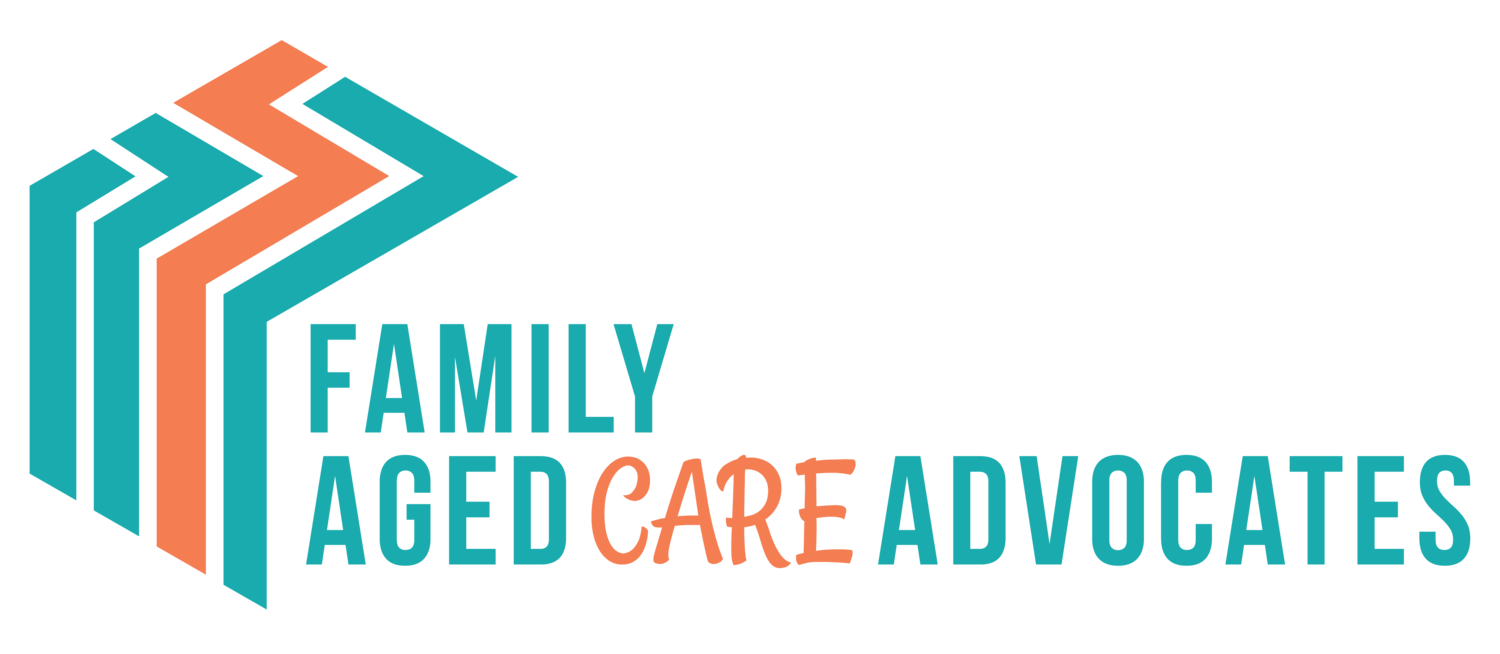What is the difference between Forgetfulness and Memory Loss?
Written by Louise Hallinan founder of the Smart Brain Health Centre, International Award-winning Author of “Smart Brain, Healthy Brain”, and a Natural Medicine Practitioner.
Do you know the difference between forgetfulness and memory loss? This is an important question that many families need answered in order to be able to help parents and family members.
Many people worry that when they lose their car keys or their glasses, that they must be getting Alzheimer’s disease or dementia. In many instances, this is not the case at all. It could just be normal forgetfulness.
Having an awareness of being a little more forgetful than we used to be, is the first step. I have seen people who are in denial that there is anything wrong with their memory. Many others do a great job at covering up their little slips. Being in denial, ignoring the fact you are experiencing memory problems, or even joking about your memory is not going to make your memory problems go away.
I believe that if memory problems are ignored over a certain period of time, they may possibly lead to early cognitive decline and memory loss.
If you are experiencing memory problems yourself or noticing it in a family member or friend, then this is the window of opportunity to address these memory problems.
It is also important to realise that memory problems or memory loss does not happen out of the blue. There always must be a cause or reason why it occurred in the first place. From my research, I have found there are many causes of memory problems and so it is important to look for the cause.
Here are four examples comparing the difference between forgetfulness and memory loss for you as a guide, to see how you or family members are going.
EXAMPLE 1
Forgetfulness
Sometimes forgetting names or appointments but remembering them later
Memory Loss
· Memory loss that disrupts daily life
· Forgetting recently learned information
· Forgetting important dates
· Asking for the same information over and over
· Relying on memory aids like reminder notes or electronic devices or family members, for things you used to handle on your own.
EXAMPLE 2
Forgetfulness
Misplacing things from time to time, such as a pair of glasses or the remote control
Memory Loss
· Misplacing things and losing the ability to retrace steps to find them
· Putting things in unusual places
· Sometimes accusing others of stealing which may occur more frequently over time
EXAMPLE 3
Forgetfulness
Sometimes having trouble finding the right word
Memory Loss
· New problems with words in speaking or writing
· Trouble following or joining a conversation
· Stopping in the middle of a conversation and having no idea how to continue
· Repeating yourself
· Struggling with vocabulary, having problems find the right word
· Calling things by the wrong name eg. Calling a watch a hand clock.
EXAMPLE 4
Forgetfulness
Occasionally needing help to use the settings on a microwave or to record a TV show.
Memory Loss
· Difficulty completing familiar tasks at home, at work or at leisure
· Often finding it hard to complete daily tasks
· Trouble driving to a familiar location
· Trouble managing a budget at work
· Trouble remembering the rules of a favourite game
Thank you again to Louise Hallinan for guest writing this important piece. Louise is the Founder of the Smart Brain Health Centre, International Award-winning Author of “Smart Brain, Healthy Brain”, and a Natural Medicine Practitioner.
She specialises in prevention and treatment of memory problems in order to reduce the risk of dementia and improve brain health.
www.smartbrainhealthcentre.com.au
Download 10 aged care traps to avoid for your ageing parents
This article is of a general nature only. No specific person’s personal objectives, needs or financial situations were taken into consideration when creating the content for this article.
Family Aged Care Advocates Pty Ltd (ABN 77 642 454 484) are aged care specialists. You should seek qualified financial planning, taxation and legal advice before making any decisions that are unique to your circumstances. This article was prepared in good faith and we accept no liability for any errors or omissions.

